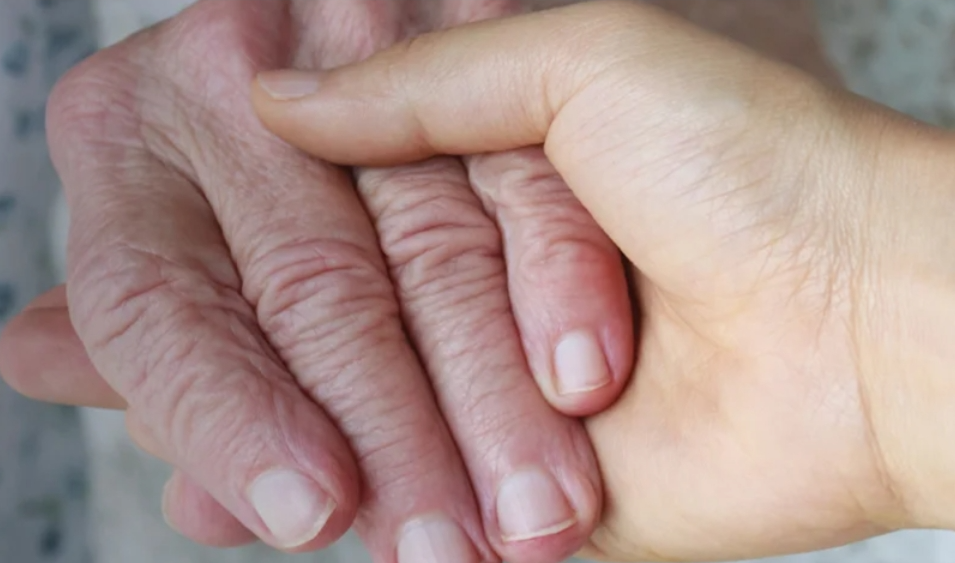End of Life Care | Specialist care | Non-invasive ventilation in motor neurone disease



Non-invasive ventilation in motor neurone disease
Session overview
Description
Non-invasive ventilation (NIV) is an intervention which can improve both quality of life and survival for patients with motor neurone disease (MND). This session outlines the evidence base and practicalities of this important treatment option for patients.
The session was last reviewed by Jon Palmer and Rich Kitchen in March 2022.
Learning objectivesBy the end of this session you will be able to:
- discuss how NIV can benefit patients
- know when to consider NIV with a patient
- describe how NIV works
- identify challenges of using NIV and how to resolve them
- explain the practicalities of using NIV to patients, families and members of a multi-disciplinary team (MDT)
- construct a care plan for a patient using NIV >14 hours a day
- provide high quality end of life care for patients using NIV
Before commencing this session you should have:
- basic knowledge of how non-invasive ventilation works. See sessions in the e-LfH Acute NIV programme
- a good understanding of motor neurone disease
Non-invasive ventilation (NIV) may be used for people with MND who develop symptomatic respiratory failure due to respiratory muscle weakness.
NIV can be very helpful in the management of symptoms related to respiratory failure such as poor sleep, morning headache, fatigue, anorexia, orthopnoea. NIV may also extend life, sometimes by many months or even years. It is important to discuss with patients their wishes and their goals in using NIV and of care generally. Patients and families need to understand the choices open to them.
The use of NIV may help symptoms but the disease will continue to progress and the person faces increasing disability and problems, such as swallowing and speech issues. Some patients become fully dependent on the ventilator to support their breathing.
Using NIV also has many challenges. There is the need for continued supervision and support and training of all involved. Professional carers need to be aware of the issues that may arise and be able to support people as necessary.

- Midwifery Upskilling
- Posted By CRANAplus
- Posted Date: 2025-03-12
- Location:Alice Springs NT 870
- Midwifery Upskilling Designed for Midwives or GPs with relevant obstetric experience, the Midwife...
- Principles of Acute Paediatric Nursing
- Posted By Australian College of Nursing (ACN)
- Posted Date: 2025-03-11
- Location:Online
- This unit of study focuses on the assessment and management of infants, children and young people wi...
- Endometriosis and Pelvic Pain
- Posted By Australian College of Nursing (ACN)
- Posted Date: 2025-03-11
- Location:Online
- Endometriosis is the most common benign gynaecological condition worldwide, which is frequently mis-...
- Assessing and Managing Adult Pain
- Posted By Australian College of Nursing (ACN)
- Posted Date: 2025-03-11
- Location:Online
- The purpose of this unit of study is to provide the student with the necessary theoretical knowledge...
- Stress Response and Health Breakdown
- Posted By Australian College of Nursing (ACN)
- Posted Date: 2025-03-11
- Location:Online
- This unit of study aims to expand the student’s undergraduate understanding of applied clinical phys...



